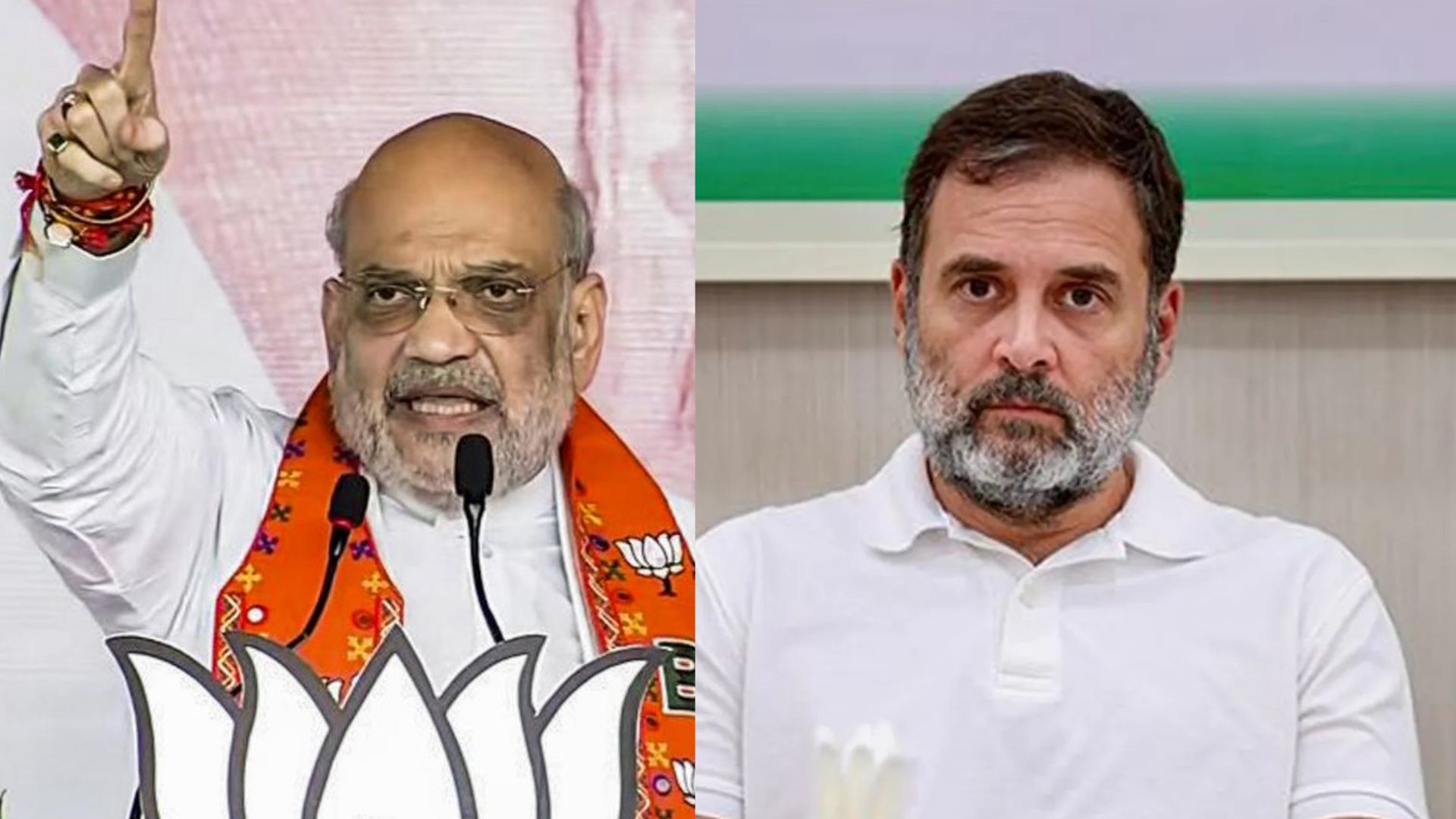
Russia’s outburst against the Quad at last week’s SCO defence ministers’ meeting in New Delhi, should have added to New Delhi’s worries about Moscow reaching a point of no return as far as rushing into Beijing’s embrace is concerned. The Russian Defence Minister, Sergey Shoigu, was scathing about the Quad, as well as the United States and AUKUS. According to him, a front is being formed to “contain China”, specifically “military and political alliances such as Quad and AUKUS” through which Washington and its allies were forming blocs in the Indo-Pacific region. Apparently, “one of the major achievements in the Asia-Pacific region is bloc-free and equal interaction”, which is being violated by partnerships and alliances like the Quad and AUKUS. “NATO is willing to establish dominance in the Asia-Pacific region, that is why Quad and AUKUS are integrating into NATO,” he said. It is ironic that he said all this standing on Indian soil—India which is one of the four pillars of the Quad, the other three being the United States, Japan and Australia.
Indian policymakers would have also noticed with dismay the use of the term “Asia-Pacific” by the Russian Minister, instead of Indo-Pacific. Asia-Pacific is favoured by China over Indo-Pacific for it eliminates India’s centrality in the Quad. The Americans started using the term Indo-Pacific realising that their Pacific policy couldn’t be seen in isolation at a time when China was trying to establish its hegemony in the whole Indian Ocean Region. It was “in recognition of the increasing connectivity of the Indian and Pacific Oceans”—as mentioned in 2018 by the then US Defence Secretary Jim Mattis—that the US renamed its Pacific Command as Indo-Pacific Command. Ever since, the term Indo-Pacific has been gaining currency internationally, much to the dislike of China, and now Russia, which seems extra concerned that the US is forming a front against its mentor.
By Russian logic, promoting the concept of a free and open Indo-Pacific “implies the construction of the intergovernmental relations bloc system in which the Americans arrogate to themselves the power to determine the norms and rules of behaviour”—as Sergey Shoigu said. It is astounding that any country, by implication, could be opposed to the United Nations Convention on the Law of the Sea promoting freedom of navigation and communication. India has been consistently speaking of a free and open Indo-Pacific in all its Quad communiques and even otherwise. Given this, it is problematic that a country which India calls a friend and has been close to for decades, would so blatantly disregard India’s interests. Whatever be the spin given to the Russian Defence Minister’s outburst, that he reaffirmed Russia’s support for its strategic partnership with India during his bilateral meeting with Defence Minister Rajnath Singh, there is no denying that any attack on the Quad or the idea of a free and open Indo-Pacific is also an attack on India. Sergey Shoigu was clear that the US and its “enablers” in the region were forming a front to “contain China”. By this logic, even India is an “enabler”. Such statements show the extent of China’s influence on Russia, which, no longer has the option but to be dependent on China to stay afloat. In the process, China is extracting its price by turning the once-mighty Russian bear into its poodle.
The question is how this impacts India. Supply chain disruption because of Russia’s Ukraine invasion has already hit India’s defence procurement from Russia. Recent reports suggest that in spite of having the money, Indian Air Force is unable to spend it because there is no guarantee that Russia will be able to deliver the goods. This underlines the need to diversify the source of our defence procurement further, apart from making it at home, which too is happening. But speed is of the essence now. Apparently, sourcing parts for maintenance of our defence materiel is also becoming a problem. This is worrying, given the inventory of Russian equipment we have.
The biggest problem for India-Russia relations is of course the dragon in the room. As this writer has been asking for a long time: where will Russia stand in case of an India-China conflict? “Russia will stay neutral” is not the right answer as far India is concerned, but that is the answer India will most likely get. So, while buying oil from Russia is fine, but beyond that, the time has come to take another look at India-Russia relations, for Moscow is increasingly making it clear whose orders it is following.














